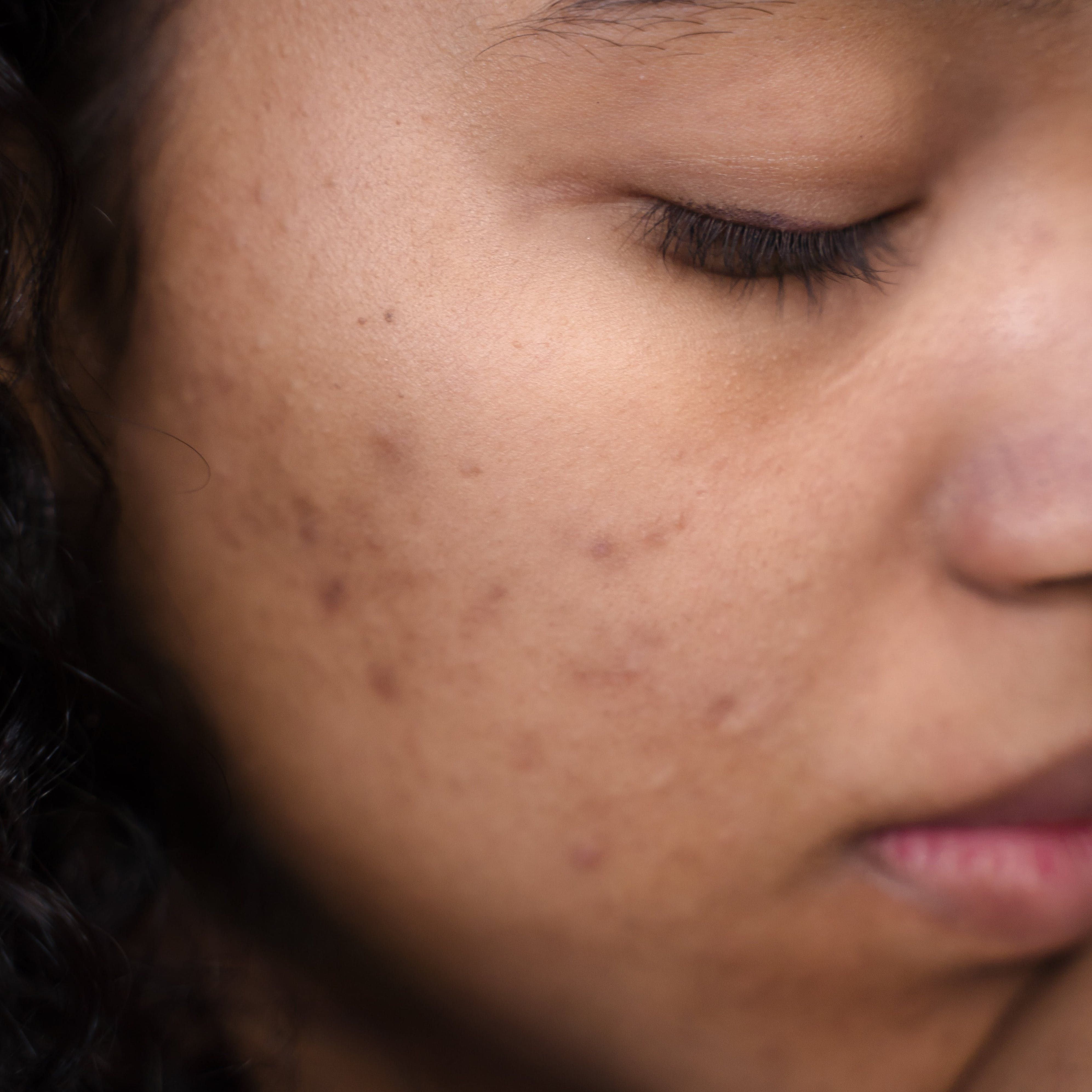News
Article
American Academy of Dermatology Reveals New Acne Vulgaris Guidelines
Author(s):
In new guidelines by the AAD, 18 new evidence-based recommendations and 5 practice statements were described for patients 9 years of age and older with acne.
Credit: Pexels

Eighteen new evidence-based recommendations and 5 practice statements for acne vulgaris have been released by the American Academy of Dermatology (AAD), with some of the major conclusions urging different topicals, the use of oral isotretinoin for severe acne, and the combination of topical therapies with different mechanisms of action.1
These new guidelines were the conclusion of an analysis led by John S. Barbieri, MD, MBA, the AAD’s Acne Guideline Workgroup co-chair. Barbieri and colleagues noted that acne remains the most prevalent skin condition among Americans, impacting around 85% of adolescents and persisting into patients’ adult years (especially among women).
The AAD released these updated guidelines in the Journal of the AAD for the purposes of helping to manage acne for patients who are adolescents, adults, and children in the age range of 9 and above.
“These guidelines provide important updates to the 2016 AAD acne guidelines, including discussion of new topical medications, which are directly applied to the skin, and systemic treatments, which are taken by mouth,” Barbieri said in a statement. “This update provides evidence-based recommendations for dermatologists and other clinicians caring for patients with acne.”2
Background and Methods
The investigators from AAD worked, from May 2021 - November 2022, with Evidinno, Inc. to carry out a set of comprehensive reviews with an overall aim of evaluating the efficacy and the safety of approved treatments in the US for adults, adolescents, and preadolescents aged 9 years and older with acne vulgaris.
The collaboration group’s assessment looked at a set of 9 clinical inquiries that also had pre-defined criteria designed for patients, comparators, interventions, outcomes, and research eligibility. The AAD Work Group was made up of 9 board-certified dermatologists (these included 1 methodologist and 1 measure representative and medical writer), in addition to a patient representative, 3 board-certified pediatric dermatologists, and a staff liaison.
The team utilized the Grading of Recommendations, Assessment, Development, and Evaluation approach for their research, hoping to evaluate the certainty of the available evidence. This approach looked at different elements such as harms, benefits, patient preferences, patient values, utilization of resources, and certainty of evidence in their overall framework.
The team required a strong recommendation indicating that the benefits evidently outweighed the risks and the potential burden (or vice versa).
Overall, the 2016 guidelines from the AAD on acne vulgaris management were given an update through this team’s systematic review. The Work Group ended up forming 18 total evidence-based recommendations and 5 statements which would advocate good practices for patients and clinicians.
Guideline Updates
The new guidelines strongly urged the utilization by patients of topical retinoids, benzoyl peroxide, and/or antibiotics, in addition to their fixed-dose combinations. Furthermore, the investigators ended up with strong recommendations for oral doxycycline implementation.
During cases in which a patient has severe acne, acne resulting from psychosocial distress, acne scarring, or acne that cannot respond to standard treatment with oral or with topical therapies, the group’s new guideline updates strongly indicate that use of oral isotretinoin should occur.
The research team also made conditional recommendations, some of which were given for the implementation of topical salicylic acid, clascoterone, oral minocycline, azelaic acid, combined oral contraceptives, sarecycline, and spironolactone.
The Working Group’s overall updates suggest that patients with acne may want to use topical therapies which also combine several different mechanisms of action. The team further encouraged a limitation on systemic antibiotic use.
The combining of systemic antibiotics with benzoyl peroxide and other types of topical treatments, in addition to adjuvant intralesional corticosteroid injection use for more rapid inflammation or pain relief among patients with larger acne bumps, were also recommended by the research team as solid clinical practices.
In addition to those practice recommendations, they also noted that topical and oral antibiotics may be implemented simultaneously alongside benzoyl peroxide with the purposes of antibiotic resistance prevention. Also, among those with severe cases of acne or those who have failed their standard therapy attempts with oral or topical treatments, isotretinoin was urged by the team.
Barbieri emphasized the importance of individualized treatment plans given the range of choices available for the skin condition. He added that collaboration with a board-certified dermatologist is vital to find the most efficacious approach for each individual.2
References
- Reynolds RV, Yeung H, Cheng CE, et al. Guidelines of care for the management of acne vulgaris. J Am Acad Dermatol. Published online January 30, 2024. doi:10.1016/j.jaad.2023.12.017.
- American Academy of Dermatology issues updated guidelines for the management of acne. AAD. January 31, 2024. https://www.aad.org/news/updated-guidelines-acne-management. Date accessed: February 5, 2024.





